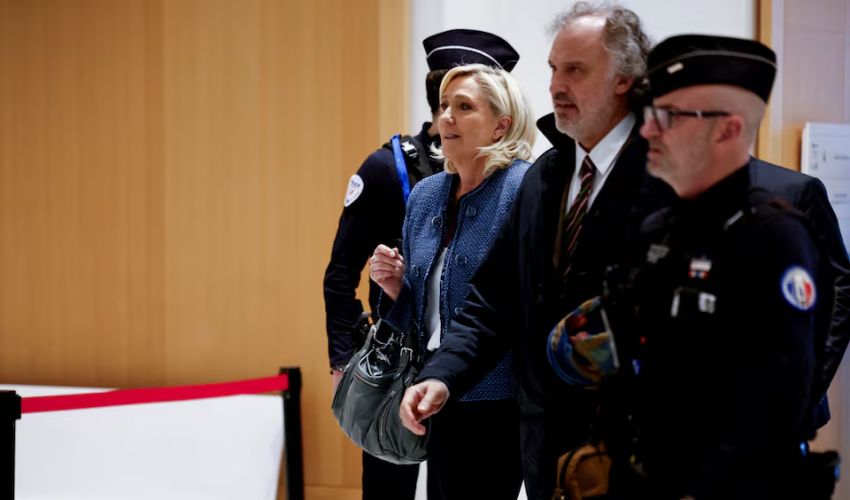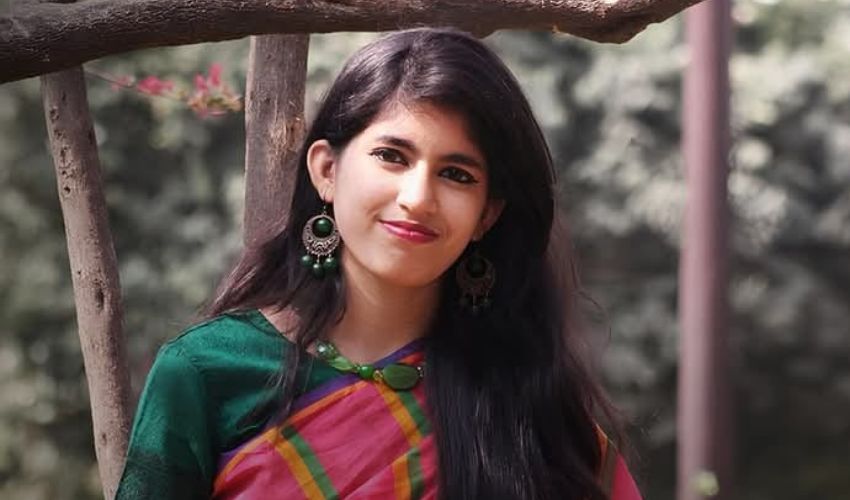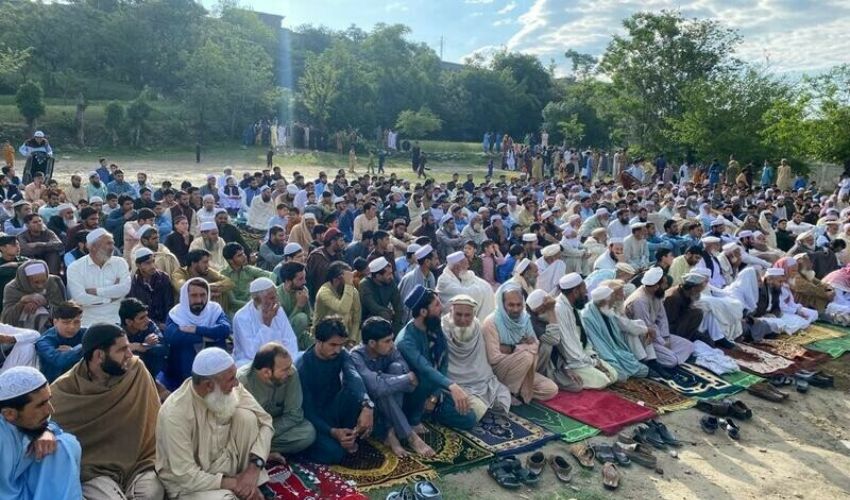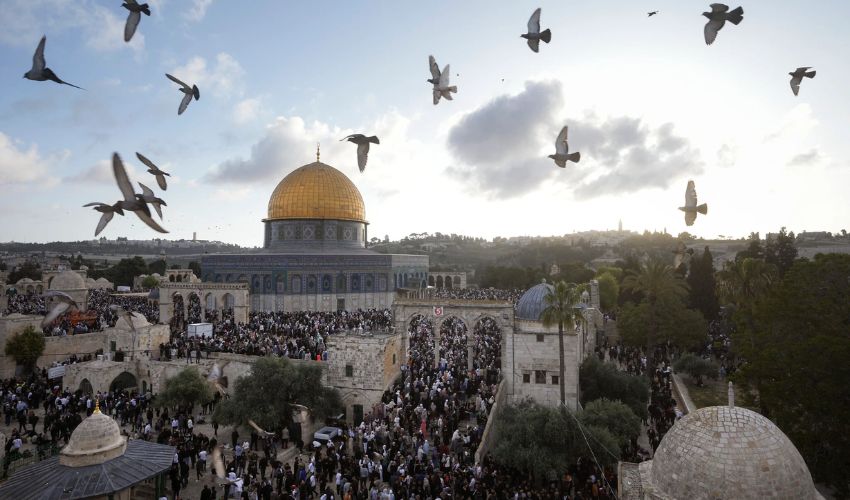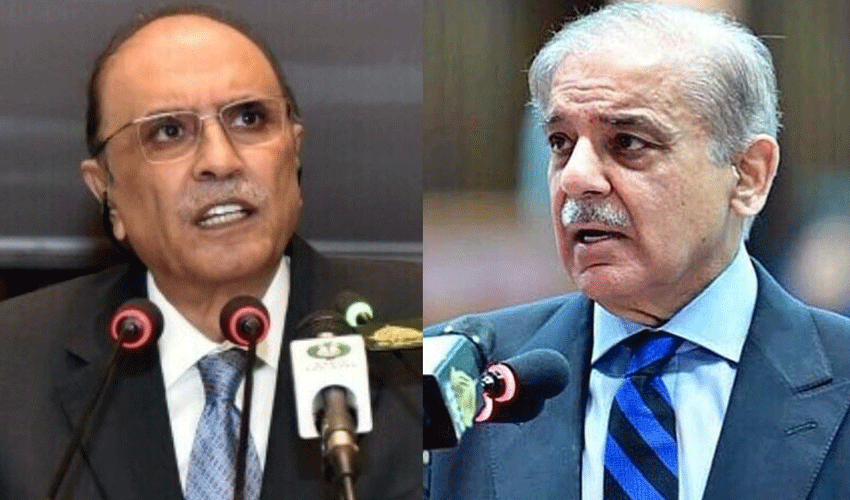IDF spokesperson Daniel Hagari said in a statement said civilians in northern Gaza and Gaza City should temporarily move south of Wadi Gaza to a safer area where they can receive water, food, and medicine.
The fresh direction came when the Gazans death toll crossed 8,000—half of whom are children, according to the Hamas-led Gaza Health Ministry.
"Tomorrow, the humanitarian efforts to Gaza, led by Egypt and the United States, will be expanding," he added. Although the video was posted on X, formerly Twitter, early Sunday morning, another IDF spokesperson told AFP that the video had been recorded on Saturday, and confirmed the humanitarian efforts would be expanding on Sunday.
Israel unleashed a massive bombing campaign after Hamas gunmen stormed across the Gaza border on October 7, killing 1,400 people, mostly civilians, and seizing 230 hostages, according to Israeli officials.
Since then, relentless Israeli strikes on Gaza have killed more than 8,000 people, half of them children, the Hamas-controlled health ministry in the territory said Saturday.
Despite increasingly frantic appeals for an end to the violence, Israel says it is intensifying its ground operations, while continuing to pummel Gaza from the sky.
Hamas authorities reported Sunday a "large number" of people killed overnight in strikes on two refugee camps in northern Gaza.
Israel's Home Front Command earlier warned residents in the southern cities of Ashdod and Ashkelon of incoming missile and rocket attacks.
War in Gaza is "going to be long”
Israeli Prime Minister Benjamin Netanyahu warned Saturday the war in Gaza is "going to be long."
Bibi said the goals of this stage of the war are to destroy Hamas and return the hostages the militant group took on October 7 and still holds in Gaza. Netanyahu confirmed he spoke with family members of the hostages and said he vowed to them that he would exhaust all options to return their loved ones home.
Israel’s Defense Minister Yoav Gallant said in a statement his country had entered “a new phase in the war.” The official said Israel "attacked above ground and below ground. We attacked terrorist operatives at all levels, in all places. The instructions to our forces are clear: the operation will continue until a new order is given.”
Israeli forces “went into the Gaza Strip and expanded the ground operation where infantry, armor and engineer units and artillery with heavy fire are taking part,” IDF spokesperson Rear Adm. Daniel Hagari said Saturday morning.
“The forces are in the field and continue the fighting,” he added, without giving further details.
Hagari’s words confirm the military operation has undergone an expansion after what it had earlier described as two “targeted raids,” which took place on Wednesday night and Thursday night.
Both those raids saw ground forces withdraw after a few hours. However, it does not appear as though any major ground offensive aimed at seizing and holding significant amounts of the territory is yet underway. In a fresh call for Gazans to move south, the IDF spoke of an “impending” operation.
The Israeli military on Sunday told civilians in Gaza to move to the south of the besieged territory, where it said humanitarian efforts "will be expanding".
Palestine Telecommunications announces ‘communications in Gaza partially restored’
Palestine Telecommunications (Paltel) announced in a post on its Facebook page that land line, cellular and internet connectivity were gradually being restored after being severely disrupted
Communications in Gaza were partially restored on Sunday morning.
Paltel said in its statement Sunday: “Despite the seriousness of the field situation, our technical teams were and are still doing everything in their power to repair as much damage as possible to the network, as much as possible and within the available capabilities,”
The Jawwal, NetBlocks Telecommunication Company also announced that its telecommunication services were gradually being restored.
WHO says ‘out of touch with our staff and health facilities’
The World Health Organization’s (WHO) Director-General Tedros Adhanom Ghebreyesus said in a post on X, formerly known as Twitter, on Saturday morning that reports of the intense bombardment are “extremely distressing.” He added: “We are still out of touch with our staff and health facilities. I’m worried about their safety.” Several United Nations agencies have also reported losing contact with their local staff in Gaza.










